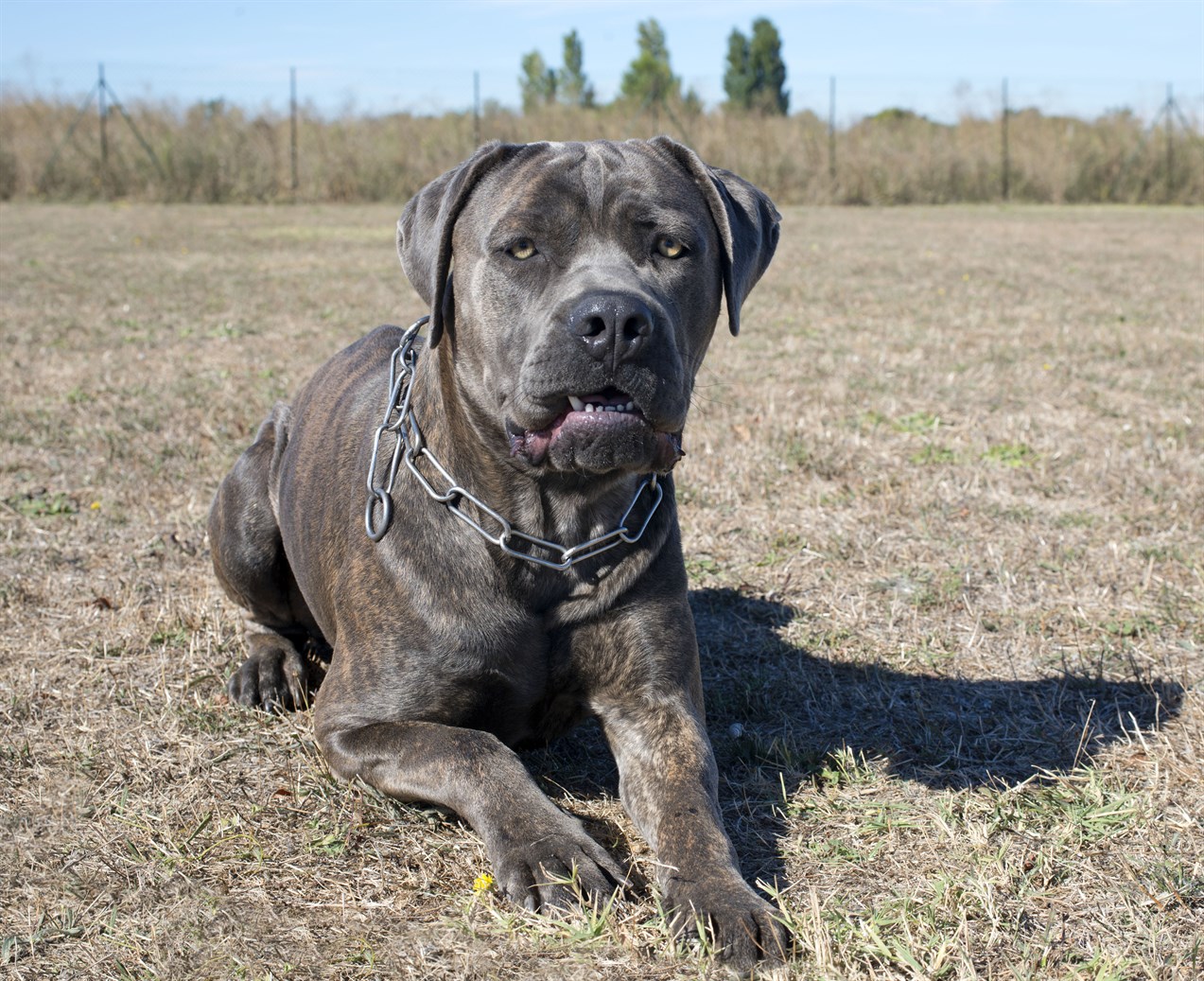Feeding the Mighty Mastiff: Food Requirements and Feeding Habits

Feeding a Mastiff requires careful consideration of their dietary needs due to their large size and specific health considerations. Proper nutrition is essential for their overall well-being and longevity.
Quality Nutrition
High-quality dog food is crucial for Mastiffs. Look for brands that list a high-quality protein source (like chicken, beef, or fish) as the first ingredient and avoid foods with excessive fillers, artificial additives, or by-products.
Protein
Mastiffs need a diet rich in high-quality protein to support their muscle maintenance and growth. Look for foods that contain around 18-22% protein.
Fat
Healthy fats provide a concentrated source of energy. Aim for a diet with approximately 8-12% fat content. Be cautious not to overfeed fat, as Mastiffs can be prone to obesity.
Carbohydrates
Carbohydrates should come from easily digestible sources like rice, sweet potatoes, or barley. Fibre content should be moderate to aid digestion.
Joint Health
Given their size, Mastiffs are prone to joint issues. Foods containing glucosamine and chondroitin can be beneficial for joint health.
Calorie Control
Managing caloric intake is crucial to prevent obesity, a common issue in Mastiffs. Feeding guidelines on the dog food label can provide a starting point, but adjust portions based on your dog's activity level and individual needs.
Avoid Overfeeding
Mastiffs tend to gain weight easily. Be cautious not to overfeed, and monitor their body condition to ensure they maintain a healthy weight.
Feeding Habits and Schedule
- Scheduled Meals: Feeding your Mastiff on a consistent schedule is important. Most Mastiffs do well with two meals a day, one in the morning and one in the evening. Avoid free-feeding, as it can contribute to overeating.
- Slow Feeding: Mastiffs are prone to a condition called bloat or gastric torsion. To minimise the risk, use elevated feeding bowls to reduce the strain on their neck and ensure they eat slowly.
- Fresh Water: Always provide fresh, clean water for your Mastiff. Their large size and activity levels mean they need access to water at all times.
- Monitor Eating: Pay attention to your Mastiff's eating habits. If they suddenly lose interest in food or exhibit changes in appetite, it could be a sign of an underlying health issue, and you should consult with your veterinarian.
- Treats and Supplements: Limit treats and table scraps to prevent excessive calorie intake. Consult with your vet before adding supplements to your Mastiff's diet, as they may have specific health needs.
Special Considerations
Mastiffs may have some breed-specific dietary considerations:
- Growth Period: During their rapid growth phase as puppies, it's crucial to feed them a balanced diet specifically formulated for large breed puppies. This helps prevent developmental issues.
- Sensitive Stomach: Some Mastiffs can have sensitive stomachs. If your dog experiences gastrointestinal issues, consider a diet formulated for sensitive stomachs or consult with your veterinarian.
- Weight Management: Mastiffs are prone to obesity, which can exacerbate joint and other health problems. Monitor their weight closely and adjust their diet and exercise accordingly.
In conclusion, providing proper nutrition and a well-balanced diet is essential for the health and well-being of your Mastiff. Understanding their dietary needs, managing their portions, and choosing high-quality dog food will contribute to a happy and healthy life for your gentle giant. Regular check-ups with your veterinarian can also help ensure that your Mastiff's specific health and nutritional needs are being met.